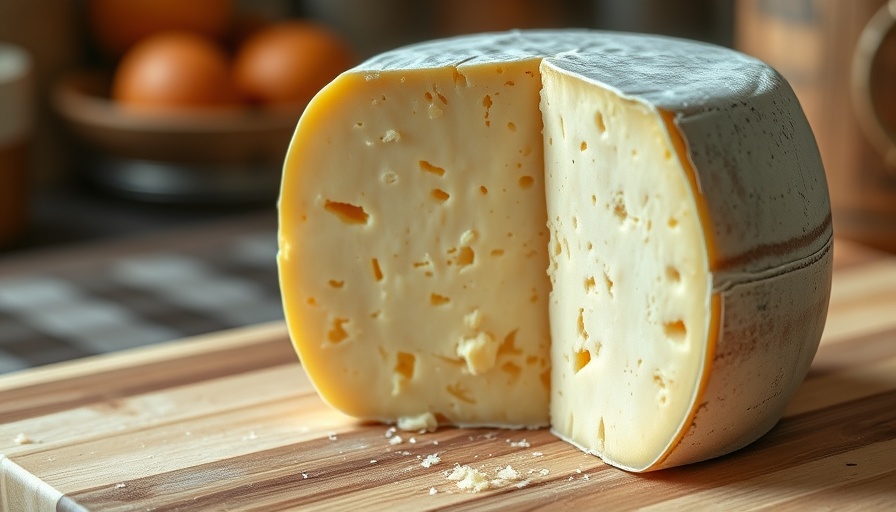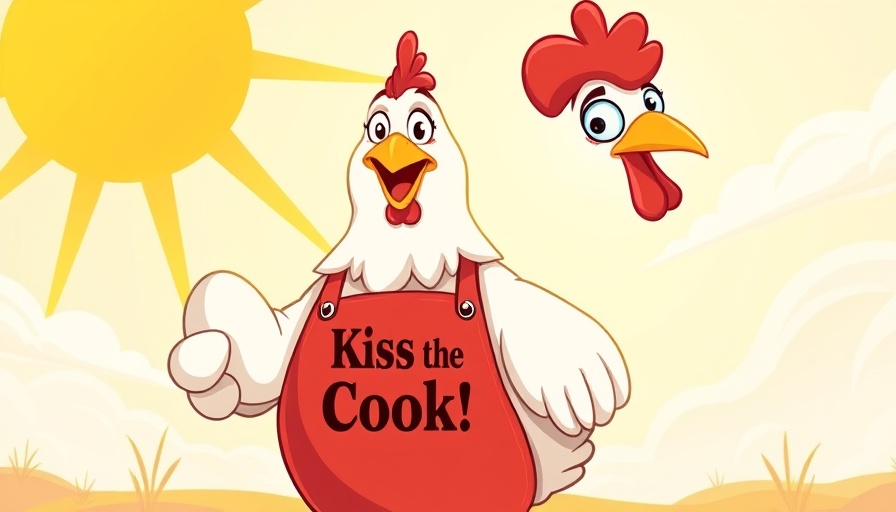
The Allure of Cheesemaking at Home
Home cheesemaking invites you to explore a time-honored craft that bridges history and culture, all from the comfort of your kitchen. While it may seem daunting, understanding the foundational principles of cheesemaking can transform this culinary journey into a rewarding experience.
A Glimpse into History: Cheese Through the Ages
The practice of cheesemaking boasts an impressive heritage dating back thousands of years. Evidence reveals that goat cheese was likely crafted as early as 6000 B.C. in the Middle East, with mentions in Egyptian murals and even religious texts throughout history. Ancient Greeks and Romans revered cheese, intertwining it with their daily lives and dietary staples. By employing methods that have evolved over time, today’s enthusiasts can tap into this rich tradition right within their kitchens.
An Overview of Cheese Varieties: More Than Just Cheese
As the USDA outlines, there are approximately 400 recognized cheese varieties, each with unique characteristics and flavors. Cheese selection can be classified by factors such as texture—ranging from fresh cheeses like ricotta to aged options like sharp cheddar—and ingredient origins, whether derived from cows, goats, or even water buffalo. This breadth of variety gives cheesemakers versatility, as the art lies not only in creation but in exploration of tastes and techniques.
Steps to Begin Your Cheesemaking Journey
Starting your cheesemaking journey doesn’t require fancy equipment or extensive prior knowledge. A few key ingredients, such as milk, rennet, and cultures, alongside essential tools can empower anyone to craft delicious cheese. Each type of cheese has its own specific recipe, but the process generally involves curdling milk, separating curds from whey, and further aging or flavoring as desired.
Why You Should Try Home Cheesemaking
Engaging in home cheesemaking not only connects you with a truly ancient culinary practice but also promotes a deeper appreciation for food production. With each carefully crafted batch, you gain satisfying skills and a creative outlet, allowing for delicious homemade products that enhance your meals and gatherings.
As you consider embarking on your cheesemaking adventure, keep in mind the historical significance and potential benefits of cultivating this art at home. Through exploration and experimentation, you can craft unique cheeses that reflect your taste—bringing joy to both your palate and your culinary repertoire.
 Add Row
Add Row  Add
Add 




Write A Comment